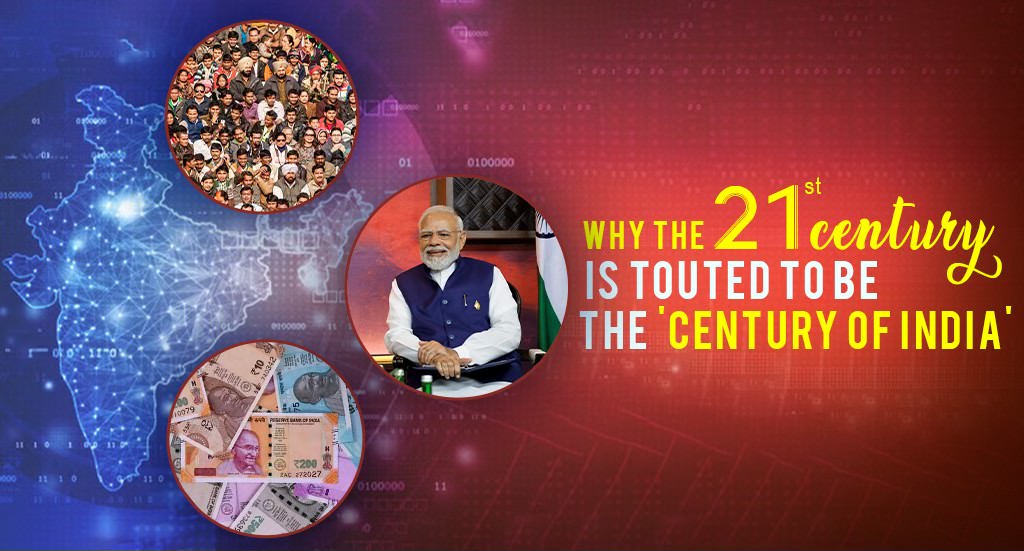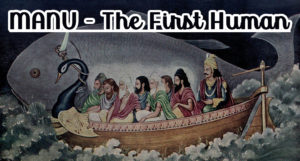There are several proponents of the “Indian Century”, the idea that the 21st century will be dominated by India and that in the next few decades. Several Indian and international leaders, Indian business tycoons, non governmental organisations, think-tanks and global management consultancies hold the view that India will be a superpower in the years to come when its accomplishments and influence will reverberate across the globe. The phrase Indian Century, which spans the 21st century is particularly used in the context that India’s economy could become the largest national economy in the world in this period, overtaking that of the United States and China. The country is currently viewed as an “emerging superpower because of its large, stable working population and the giant strides it has taken militarily and economically.
India anticipates a future with even greater achievements and sees this century as India’s era of prominence.
A report by FICCI and McKinsey & Company titled “India’s Century — Achieving sustainable, inclusive growth” highlights that India has the potential to become an “economic superpower” before 2047.
Prime Minister Narendra Modi has expressed confidence that India will achieve developed nation status by 2047, emphasising the elimination of “corruption, casteism, and communalism” from our national life.
Amazon CEO Jeff Bezos said, “I predict that the 21st century is going to be the Indian century,” He also declared Amazon’s commitment to invest $1 billion in the digitalisation of small and medium-sized businesses (SMBs) in India.
During a speech at the Reliance Family Day Function 2022 on December 29, Mukesh Ambani, the Indian business magnate with a multi-billion dollar empire, also expressed his belief that the 21st Century will be dominated by India, and he anticipates that the next 25 years will bring about significant transformations.
Tony Abbott, the 28th prime minister of Australia, speaking at the Idea Exchange, expressed his desire for the 21st century to be characterised as the “Indian century” rather than a “Chinese century,” emphasising a preference for India’s prominence in this era.
Economists at Harvard University have predicted that the Indian economy will grow at 7% through 2024, ahead of China, making India the fastest growing major economy in the world.
India recently surpassed China in terms of population as per UN estimates. Its population growth curve is the envy of many developed nations that have an ageing population which is unable to contribute to economic growth. A rapidly-expanding workforce is seen as a big opportunity for economic growth.
India has made significant strides in fostering a more inclusive economy by leveraging technology in everyday activities like banking. Several hundred million individuals now receive welfare payments directly into previously unused bank accounts, offering them security and transparency in their financial transactions—an amazing achievement.
Furthermore, India has witnessed the rise of young entrepreneurs from smaller towns who have established enterprises valued at over a billion dollars, often referred to as unicorns. These entrepreneurs are not only generating substantial wealth but also benefiting thousands of employees and small-scale investors in the process.
Did you know? In FY2023, India’s technology sector revenue, which includes hardware, is projected to surpass around 20,319 billion, reflecting a year-on-year growth of 8.4%. This marks an increase of 1,576 billion compared to the previous year. Exports, valued at 16,090 billion, are anticipated to experience growth at a rate of 9.4% in reported currency terms and 11.4% in constant currency terms.
In December 2022, India took on the presidency of the G20 for the first time. This group consisted of affluent and rapidly growing economies, representing a significant portion of the world’s GDP. During its tenure as president, India organised 200 events across the country to showcase its advancements in digital adoption, women’s empowerment, and efforts to formalise the economy for millions of low-income individuals. Holding this position filled India with immense pride, and the nation believes that this is just the start.
PM Modi has underscored the importance of central banks communicating their policy stances clearly and in a timely manner. He has highlighted the significance of each country taking well-informed policy actions in their battle against inflation to prevent adverse effects on other nations.
The literacy rate among Indian women has also shown significant improvement over the years. According to the World Bank’s India report, during India’s independence, only 1 out of every 11 girls, approximately nine per cent, were literate. Today, the literacy rate among women has surged to 77%, while India’s male literacy rate stands at 84.7%.
India’s G20 presidency marked the pinnacle of a year filled with significant achievements. The nation has accomplished several milestones, including becoming the fourth country to successfully land on the moon and rising to the position of the world’s fifth-largest economy, surpassing the UK.
However, India needs to take care of its problem of unemployment, underemployment, poverty and meet health and environmental goals to truly be a superpower.
So, do you agree that the 21st Century will be flavoured with Indian Excellence?








